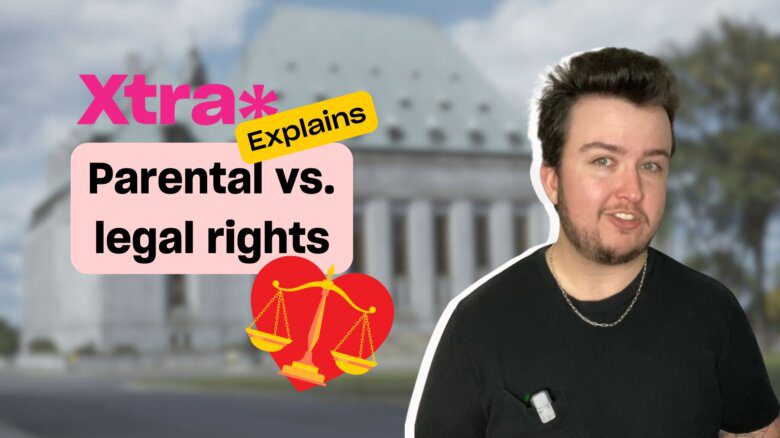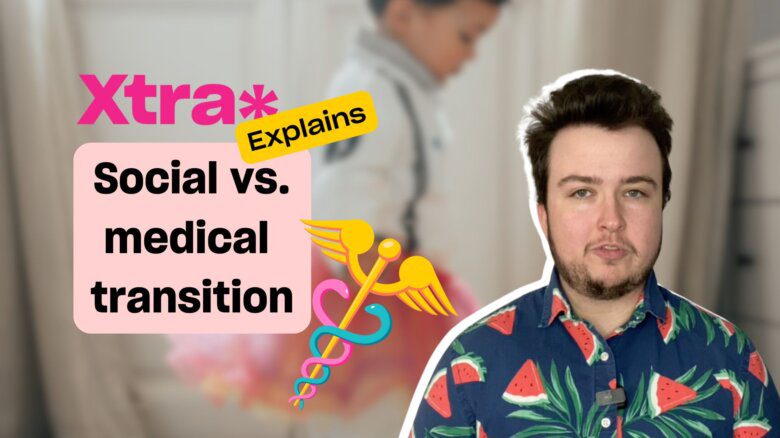Thelma Houston, the Grammy Award-winning singer of the gay anthem Don’t Leave Me This Way, lived through the early days of the gay liberation movement. Yet while she provided part of the soundtrack for the movement, she never thought of herself as an activist.
“When I was doing it, it was just a good time,” Houston tells Xtra reporter Matt Thomas. “We were just having music and just doing what we did.”
Houston toured such gay clubs as The Saint and Paradise Garage. But then she started losing gay friends, and her song took on more importance in the fight against HIV/AIDS.
“I had lost several of my friends, and we didn’t know exactly what was going on, so it was kind of a scary period. But to have my song associated with that movement, especially in terms of making people more knowledgeable, particularly about the AIDS crisis, I’m proud.”
Below is a video interview with the legendary singer, who has more recently been featured in the documentary The Secret Disco Revolution and appeared on American Idol and America’s Got Talent. Houston continues to tour.

 Why you can trust Xtra
Why you can trust Xtra


